Townsville City Animals
Townsville City Animals provides Townsville residents information on all things animals and pets! Click through for more information on Council’s Animal Care and Adoption Centre, off-leash areas around Townsville, how to be a responsible pet owner, and much more.
-
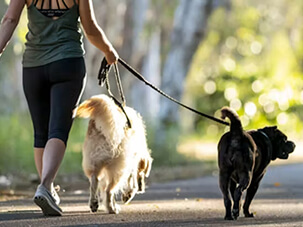
Be a Responsible Pet Owner
Owning a pet can be a lot of fun, but they come with the obligation to take care of them. -
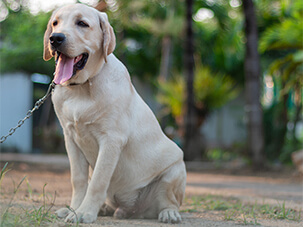
Animal Registration and Legislation
Information on registering your dog or cat and animal management legislation. -
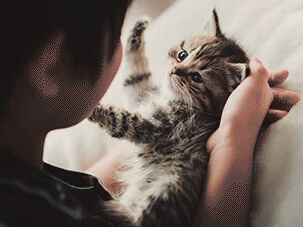
Adopt a Pet
All animals available for adoption at the Townsville Animal Care and Adoption Centre have been vet checked, desexed, microchipped and registered or approved. -
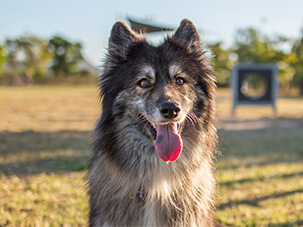
Missing Pets
These pets have been rescued from the streets of Townsville. They do not have registration disks or any form of identification to allow us to return them home. -
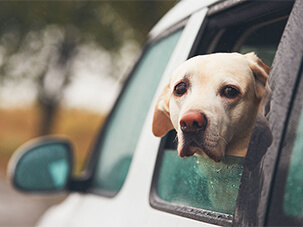
Animals in Disaster
Advice on what to do with your pets before and during a disaster. -
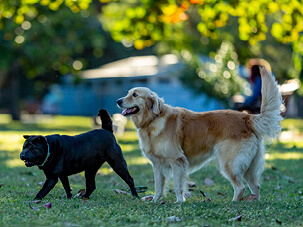
Off-Leash Areas
Council has provided a number of designated 'off-leash' areas across the city where responsible dog owners can safely exercise their dogs. -
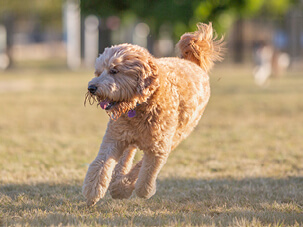
Dog Attacks
Information, processes and legislation relating to dog attacks. -
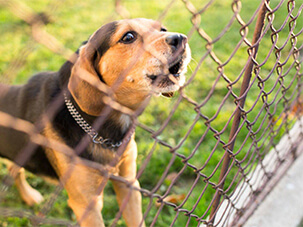
Barking Dogs and Animal Noise
Information on why dogs bark and what residents can do to solve the problem. -

Wildlife
It is important that when we are in nature and come across wildlife that we exercise caution. Often these animals are more scared of you than you are of them. -
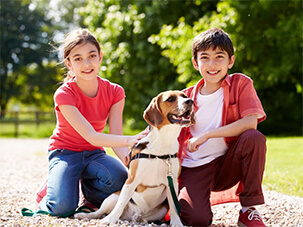
Junior Education Program
The Junior Education Program educates children to help prevent them becoming victims of dog bites and promotes responsible dog and cat ownership.





